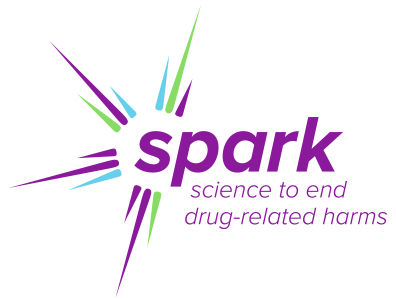Title: THE KINSHIP RISK SCORE: AN INTEGRATIVE TOOL TO PRIORITIZE ALCOHOL AND DRUG-ADDICTION RELATED GENES FOR ENHANCED RISK PREDICTION
Project Number: 5DP1DA042103-03
Contact PI / Project Leader: PALMER, ROHAN HUGH CRAIG
Awardee Organization: EMORY UNIVERSITY
Abstract Text:
PROJECT SUMMARY/ABSTRACT: The primary goals of this project are to identify and characterize gene sets that reflect individual differences in the propensity to develop alcohol or other forms of drug addiction and to develop a novel tool to enhance the prediction of drug addiction risk using genome-wide data. Alcohol, tobacco, and illicit drug use and dependence are complex biological and psychosocial problems that can be conceptualized as alternate forms of an underlying behavioral predisposition to the development of generalized drug dependence (DD). Despite the fact that twin and family studies suggest that genetic variation contributes to the preoccupation with alcohol and other multiple substances of abuse, the identification of specific causal loci has been limited. In fact, studies have confirmed that unlike monogenic disorders, alcohol and other drugs of abuse are influenced by numerous genetic variants. While both human and animal studies of addiction have indicated that multiple forms of drug addiction are genetically influenced, the full complement of biological mechanisms and genetic factors are still unknown. The current application proposes a novel framework and tool that integrates Bayesian statistics and functional genomics to enhance the identification of a set(s) of causal genetic factors for alcohol and other drug dependence. In the first component of the framework, we will use Bayesian mixture modeling to identify a set(s) of markers that comprise the additive genetic effect on generalized drug dependence (DD). In the second component, we will identify cross-species-functionally-annotated gene sets for alcohol, tobacco, and other illicit drug use/dependence, determine their relative contribution to variation in DD, and test for enrichment of the Bayesian-derived gene set(s) in (a) gene sets ascertained using cross- species-functional genomic studies of alcohol and other drug addiction, and (b) a range of biological gene sets based on known molecular pathways. In the third component, we will identify combinatorial effects within and between gene sets. In the final component, we develop prediction models, as well as test a novel kinship- based approach to predict the risk for DD given a specified gene set. Each of these components provides novel information that will help to formulate new research hypotheses and prediction models for addictive behaviors and other behaviors/traits.
